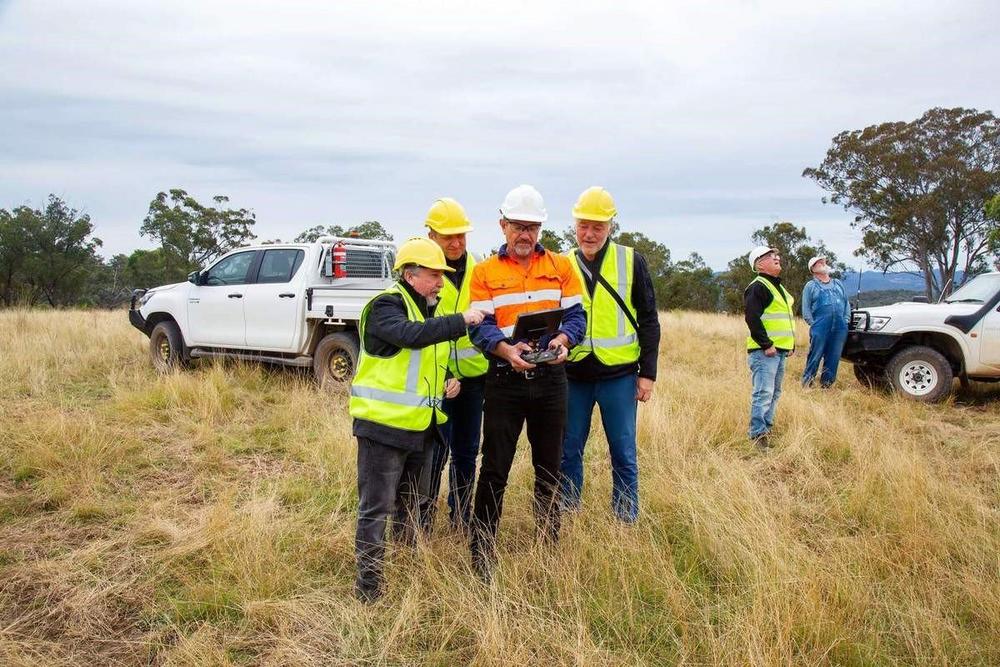Tin is basically divided into three types. The largest refined tin production reached China in 2021. Tin is also the industrial metal with the lowest reserves. Experts disagree on how long tin can be mined economically. For example, known deposits are expected to last for less than eight years. Other industry experts, however, assume that global reserves will last 16 years (US Geological Survey).
In any case, that’s not much, even if the recycling rate for tin is relatively high at around 33 percent. In 2022, around 13.52 million tons of tin were consumed worldwide. Around one third of this is used for solders, one third for tinplate and one third for chemicals and pigments. Half of the tin processed in this country is used as solder in the electronics industry.
China supplies the most tin, followed by Indonesia and finally Peru. And Indonesia is planning to ban the export of tin ingots. This is because they want to process the tin in their own country. Then higher-quality products can be put on sale. According to estimates, about 22,000 tons will have been consumed by the solar industry alone in 2022, and the trend is upward. Another growing area is 5G infrastructure. This is because it needs small cell and macro cell base stations for its network, and thus tin. In the USA, tin is considered a critical metal.
In Germany there is tin in the Erzgebirge. First Tin – https://www.commodity-tv.com/ondemand/companies/profil/first-tin-ltd/ – is active here and in Australia. Taking First Tin’s advanced projects together, they are the fifth largest undeveloped tin reserve in the world outside of Russia, Kazakhstan and the Congo.
Operating in Tasmania and New South Wales, Australia, Tin One – https://www.commodity-tv.com/ondemand/companies/profil/tinone-resources-inc/ – controls some of the most important tin districts in Tasmania and has an overall high-quality portfolio.
Corporate information and press releases from First Tin (- https://www.resource-capital.ch/en/companies/first-tin-plc/ -).
In accordance with §34 WpHG I would like to point out that partners, authors and employees may hold shares in the respective companies addressed and thus a possible conflict of interest exists. No guarantee for the translation into English. Only the German version of this news is valid.
Disclaimer: The information provided does not represent any form of recommendation or advice. Express reference is made to the risks in securities trading. No liability can be accepted for any damage arising from the use of this blog. I would like to point out that shares and especially warrant investments are always associated with risk. The total loss of the invested capital cannot be excluded. All information and sources are carefully researched. However, no guarantee is given for the correctness of all contents. Despite the greatest care, I expressly reserve the right to make errors, especially with regard to figures and prices. The information contained herein is taken from sources believed to be reliable, but in no way claims to be accurate or complete. Due to court decisions, the contents of linked external sites are also co-responsible (e.g. Landgericht Hamburg, in the decision of 12.05.1998 – 312 O 85/98), as long as there is no explicit dissociation from them. Despite careful control of the content, I do not assume liability for the content of linked external pages. The respective operators are exclusively responsible for their content. The disclaimer of Swiss Resource Capital AG also applies: https://www.resource-capital.ch/en/disclaimer/.
Swiss Resource Capital AG
Poststrasse 1
CH9100 Herisau
Telefon: +41 (71) 354-8501
Telefax: +41 (71) 560-4271
http://www.resource-capital.ch
Telefon: +49 (2983) 974041
E-Mail: info@js-research.de
![]()
